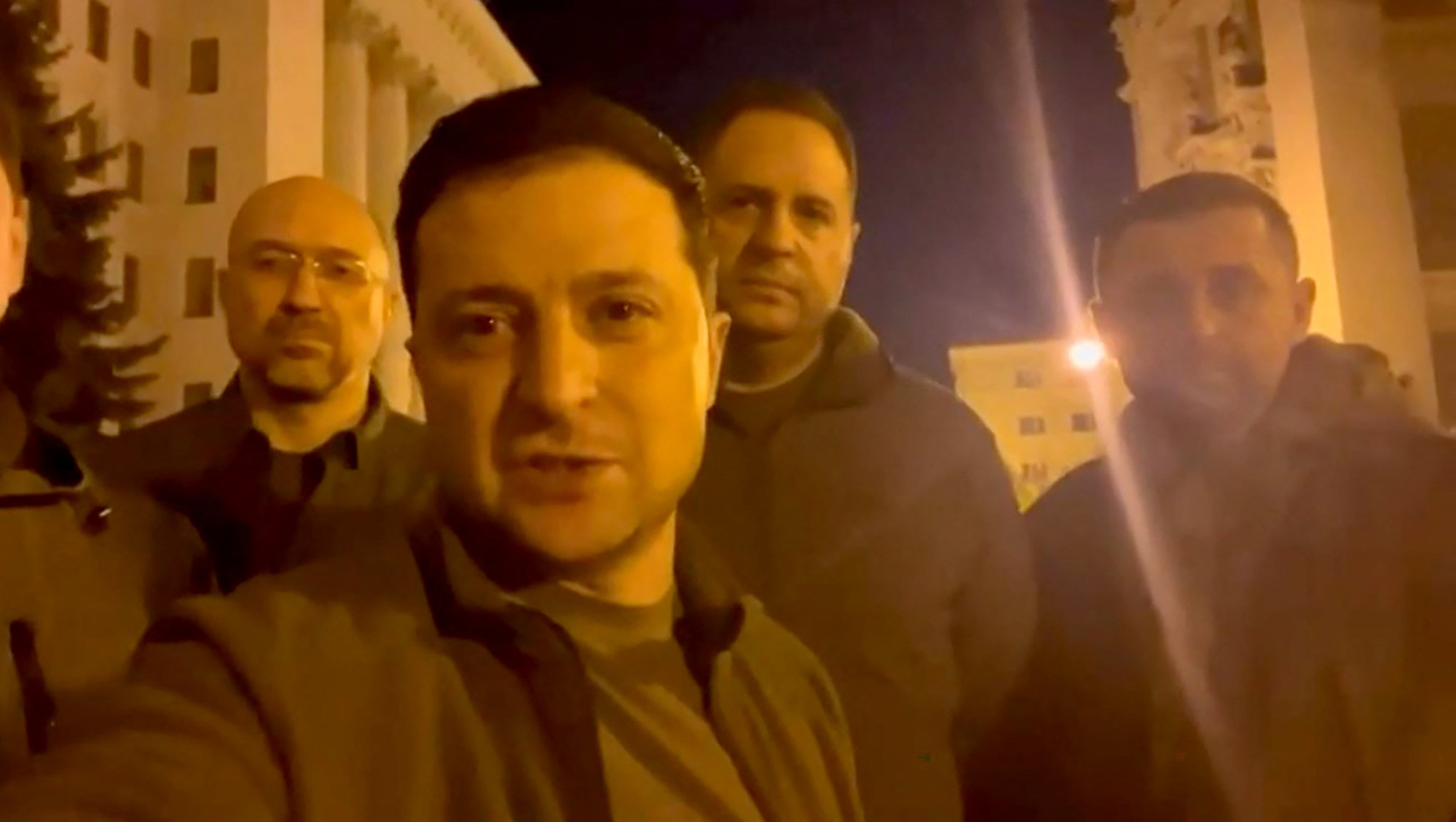
Meta restricts Russian state media in European Union after government requests
- Russia’s invasion of Ukraine has prompted a growing number of governments to ask large technology companies to reduce or restrict their services in Russia
- As the government pressure mounted, Twitter added warning labels to links from Russian state media, while YouTube restricted ads on the content
Facebook, Instagram and TikTok are restricting state-owned Russian media channels ahead of a likely European Union ban, aiming to curtail propaganda during Russia’s invasion of Ukraine.
The EU announced a ban Sunday, which countries are expected to sign off on tomorrow after a formal proposal. In the meantime, Facebook parent Meta Platforms and TikTok owner ByteDance have already restricted access to accounts run by Sputnik and Russia Today in the EU.
“We have received requests from a number of governments and the EU to take further steps in relation to Russian state controlled media,” Nick Clegg, Meta’s president of global affairs, wrote in a tweet.
“Given the exceptional nature of the current situation, we will be restricting access to RT and Sputnik across the EU at this time. We will continue to work closely with governments on this issue.”
Russia’s invasion of Ukraine, which began on Thursday, has prompted a growing number of governments to ask large technology companies to reduce or restrict their services in Russia. Poland and the Baltic states asked Big Tech companies on Sunday to “take a stand” against Russia.

As the government pressure mounted, Twitter added warning labels to links from Russian state media, while YouTube restricted ads on the content.
Microsoft also said it would take steps to reduce users’ exposure to Russian propaganda, including on MSN.com.
“We are removing RT news apps from our Windows app store and further de-ranking these sites’ search results on Bing so that it will only return RT and Sputnik links when a user clearly intends to navigate to those pages,” the company said in a statement. The company will also be banning ads from RT and Sputnik.

